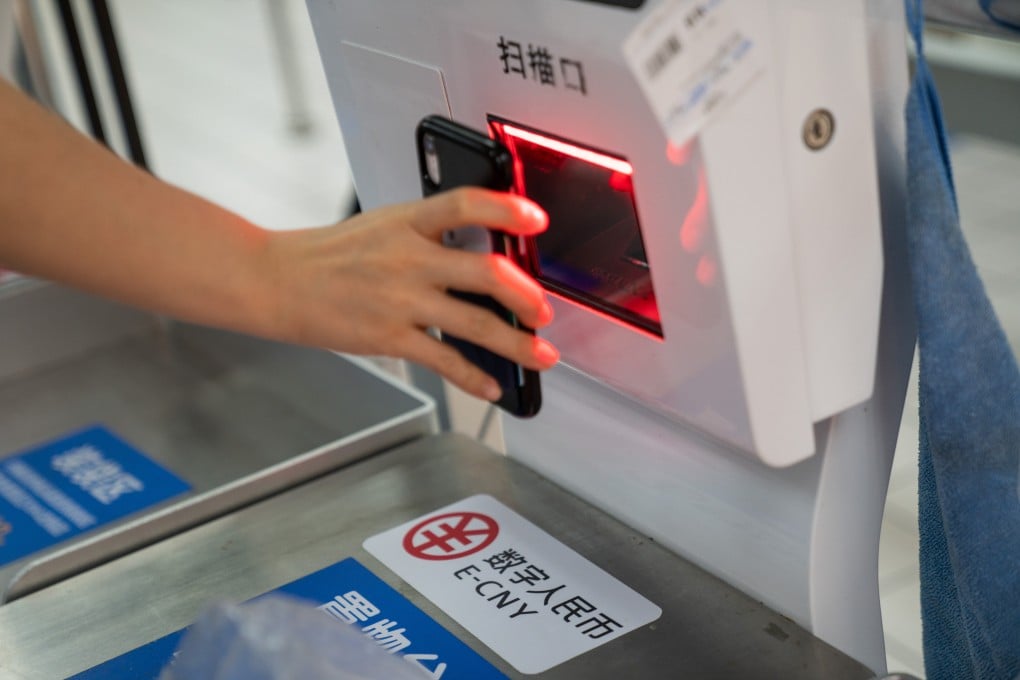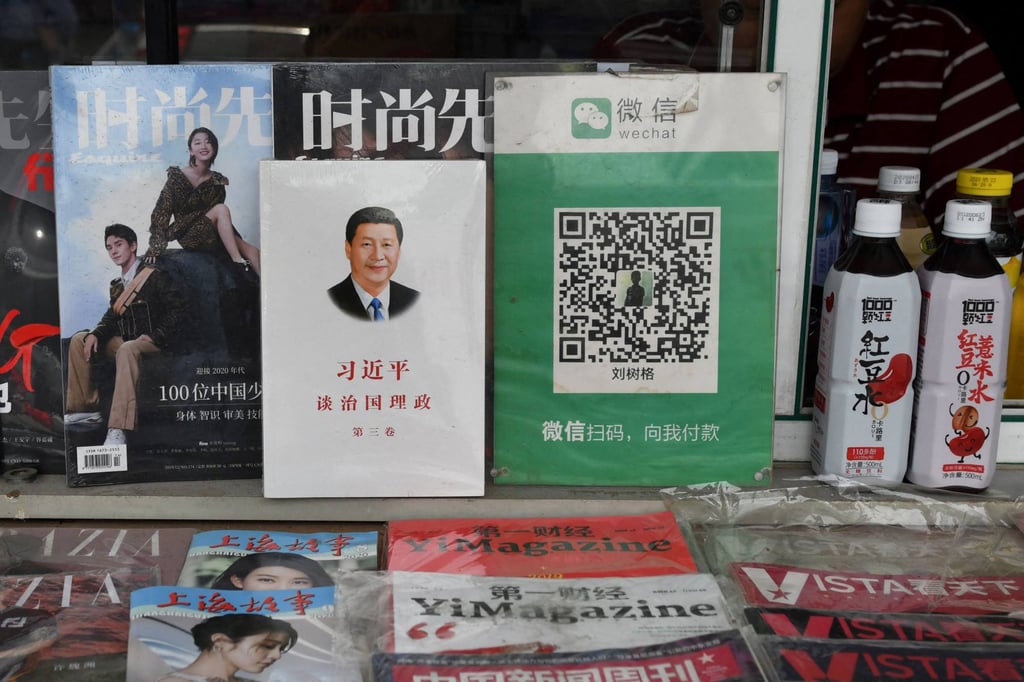Advertisement
The View | How China-led digital payment revolution is making bills, coins and some currencies obsolete
- Many of the world’s central banks are looking at digitising their currencies and providing individual bank accounts from birth to handle government transactions
- As banknotes and coins go out of circulation, we could be left with several virtual bank accounts and a few virtual currencies, all run by one smartphone
Reading Time:3 minutes
Why you can trust SCMP
5

Three-quarters of the way into town and already late for a meeting, I reached for my wallet. My beloved stash of crumpled bank notes, crushed receipts and fraying credit cards was not there.
I had rushed out without a thought and left it at home, but it did not matter. I have my credit cards and Octopus card in my smartphone, as well as on my smartwatch. My brain might have let me down, but the electronics did not.
Needless to say, I traversed a day of meetings without needing any grubby banknotes. My only inconvenience was that I was unable to take a taxi, one of the few Hong Kong transport options that remains in the land of the Luddite.
Advertisement
The ease with which I was able to accomplish a day’s business and shopping without any banknotes or jangling change shows how our basic exchange economy is changing. In the last few years, this occurred in China through WeChat and Alipay, but elsewhere the pandemic has dramatically shortened the life of analogue cash by encouraging the use of non-cash payments. Much of Europe and Britain has leapfrogged Hong Kong by removing the need to use cash at all, even in the smallest outlet.

Many of the world’s central banks, who authorise the issuance of cash as notes and coins, are actively looking at digitising national currencies, with the People’s Bank of China leading the charge. It does not really matter who is first, apart from bragging rights, but it is leading a process whereby banknotes and worn-out pockets will disappear.
Advertisement
Advertisement
Select Voice
Select Speed
1.00x
